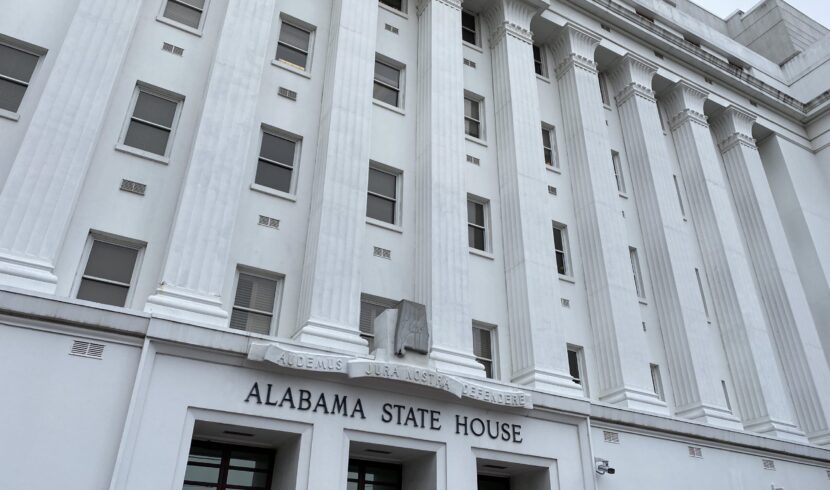By MARY SELL, Alabama Daily News
An Alabama lawmaker wants the state’s more than 100 licensing boards, the groups that regulate professionals from contractors to medical personnel, to provide public accountings of their revenue and spending.
A separate bill would require regular audits of the Alabama High School Athletic Association.
Rep. Chris Pringle’s House Bill 61 would require boards’ expenditures, including contracts and grants, be published on their websites.
Pringle, R-Mobile, said his bill originated from his work a few years ago on a budget reform task force. He said he found out many licensure boards don’t deposit the fees they collect into the state treasury, but have private bank accounts.
“They answer to no one,” Pringle said.
He said licensure fees are taxes.
“(Boards) are authorized by the state of Alabama to tax the professionals of Alabama with licensing fees,” he said.
An 2018 Alabama Policy Institute report said there are licensing boards for 151 occupations, covering more than 432,000 Alabama workers, more than 21% of the state’s labor force. The institute estimated the initial costs to be $122 million and annual license renewals to be $45 million.
Some spending at one state board came to light in a 2018 lawsuit. Norris Green sued the Alabama State Board of Medical Examiners for $10 million for wrongful termination. The former executive director of the board for a short time said he was fired when he tried to address a “culture of self indulgence.”
State Board of Medical Examiners licenses and regulates Alabama physicians. Green said he was forced out in 2017 after attempting to make changes. Green alleged some board members were provided “in excess of $85,000 per year in extra cash benefits.”
That lawsuit is ongoing, according to court records.
Earlier this month, Wilson Hunter, general counsel for the Medical Examiners, said the board hadn’t yet seen Pringle’s bill.
“Conceptually, we see no problems with posting board expenditures online,” Hunter said. “We draw a distinction between licensing fees and tax revenue. Licensing fees are paid by licensees specifically for the regulation of their profession. Tax revenues are general collections from broader populations for general purposes. We are certainly willing to work with Rep. Pringle in his efforts to bring greater transparency to state government.”
The Alabama Policy Institute’s 2018 report recommended restricting the unnecessary expansion of occupational licensing to cover even more workers, monitoring costs to ensure that licensure is not abused to restrict competition and removing licensure in professions with no demonstrated need for licensure.
“The Alabama Policy Institute supports any effort to increase transparency in State government,” Phil Williams, director of policy strategy and general counsel said. “We are also very supportive of efforts reform the overly burdensome system of occupational licensure that currently exists in Alabama. House Bill 61, as introduced, is a positive step toward curbing the quasi-governmental boards that often make it difficult for the average citizen to enter the workforce.”
Williams said API would be in favor of bills to allow people licensed in other other states to be allowed to go directly into the Alabama work force and require that any increased penalties or licensure requirements must first be vetted and approved by the State House Sunset Committee.
“It is the intent of API to see this measure carried forward into broader legislation that would go much further and literally remove barriers that keep Alabamians from earning a living in this robust economy,” he said
AHSAA audit bill
Rep. Wes Allen’s House Bill 184 would require the Alabama Department of Examiners of Public Accounts to audit the Alabama High School Athletic Association “in the same manner as an agency of the state.”
“It’s about transparency, plain and simple,” Allen, R-Troy, said. He said AHSAA may be funded by private money, but some of its revenue comes from ticket sales at venues built and maintained by public tax dollars.
And AHSAA employees participate in the state’s Teachers’ Retirement System.
“If an organization participates in the public retirement system funded by tax dollars, I think transparency is reasonable,” Allen said.
A spokesman for AHSAA last week said the association is still analyzing the bill.
A broader bill with the same audit requirement was filed in the 2019 session but did not advance, despite a lengthly list of co-sponsors.
Like Pringle’s bill, Allen’s has been assigned to the House State Government Committee.

